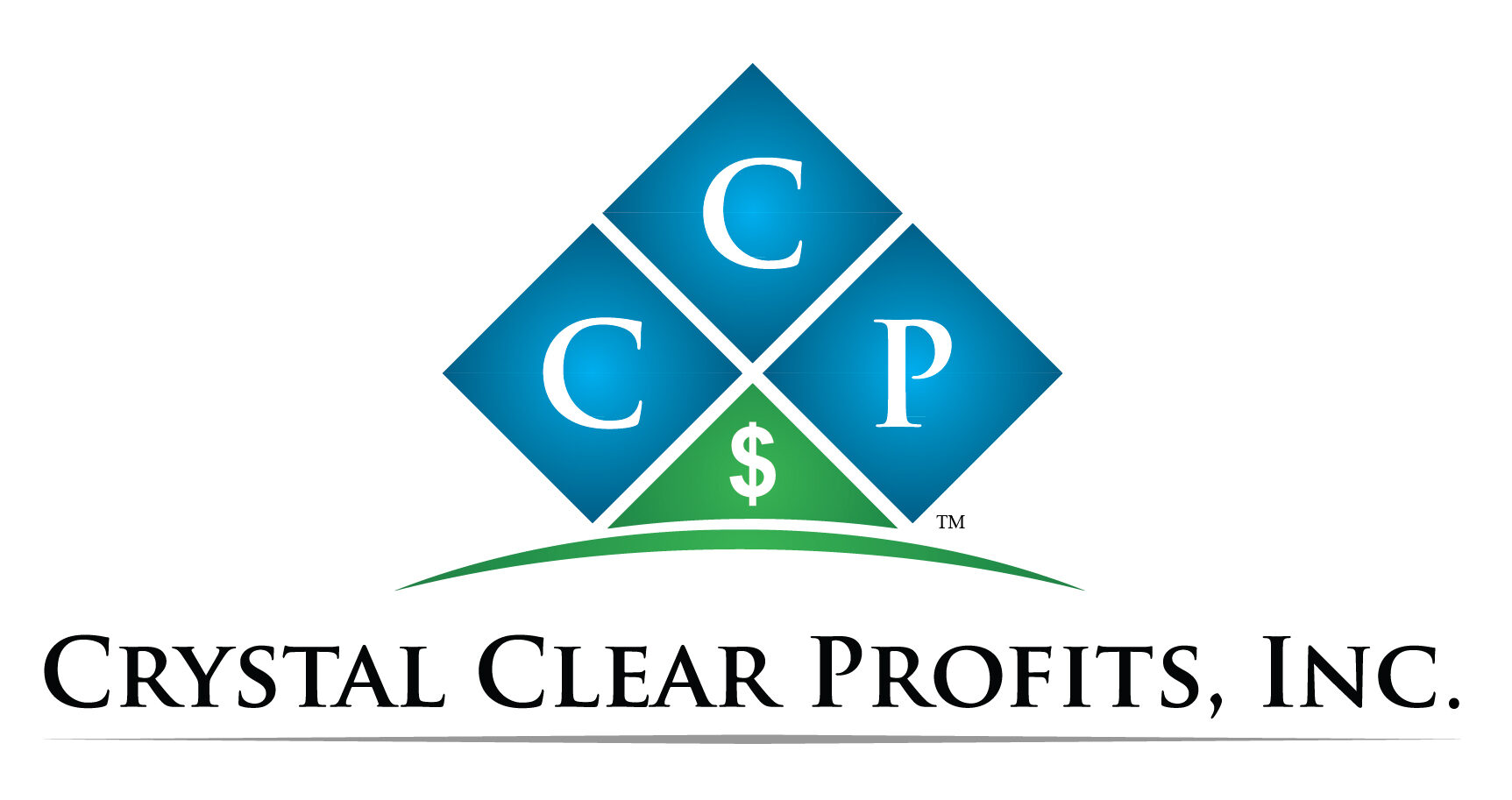Owning rental properties can be a lucrative investment, but it also comes with its share of financial and tax-related responsibilities. One key aspect that property owners must manage is the distinction between repairs and improvements. While repairs can typically be deducted as expenses in the year they are incurred, improvements must be depreciated over time. Understanding this distinction and keeping accurate records is crucial for maximizing your tax benefits and maintaining the value of your property.
What Qualifies as an Improvement?
Improvements are changes that add value to a property, prolong its useful life, or adapt it to new uses. Examples include:
- Building Additions: Expanding the property by adding rooms or floors.
- Upgrades: Installing new HVAC systems, electrical wiring, or plumbing.
- Landscaping: Major landscaping projects that improve the property’s aesthetics or functionality.
- Renovations: Remodeling kitchens, bathrooms, or other significant parts of the property.
Why Improvements Must Be Depreciated
Unlike repairs, which can be fully deducted in the year they are made, improvements must be depreciated. Depreciation is the process of spreading out the cost of an improvement over the asset’s useful life. This is because improvements add to the property’s value and utility over many years, not just in the year the improvement was made.
The IRS has specific guidelines on how long different types of improvements must be depreciated, often ranging from 5 to 27.5 years for residential rental properties.
How to Track Improvements
- Maintain Detailed Records: Keep all receipts, contracts, and invoices related to the improvements. Include dates, descriptions of the work done, and the cost. This documentation is essential not only for depreciation calculations but also in case of an IRS audit.
- Use Accounting Software: Consider using property management or accounting software to track improvements. Many programs allow you to categorize expenses, track depreciation, and generate reports that can be useful for tax purposes.
- Separate Improvements from Repairs: Ensure you distinguish between repairs and improvements in your records. Repairs, such as fixing a leaky faucet or patching a roof, are typically deductible in the year they occur. Improvements, like replacing the entire plumbing system, must be capitalized and depreciated.
- Consult a Tax Professional: Given the complexities of tax laws regarding property improvements and depreciation, it’s wise to consult with a tax professional. They can help ensure you’re correctly categorizing expenses and maximizing your deductions.
Calculating Depreciation
Depreciation for rental property improvements typically uses the Modified Accelerated Cost Recovery System (MACRS). Under MACRS, the cost of an improvement is spread out over a specified period based on the type of asset. For residential rental property, the standard period is 27.5 years. Keep in mind that the accelerated depreciation on the property may not be beneficial if you have losses.
Example Calculation: If you install a new roof for $20,000, you would depreciate it over 27.5 years. This means you can deduct approximately $727.27 each year ($20,000 / 27.5).
Benefits of Properly Tracking and Depreciating Improvements
- Accurate Tax Reporting: Correctly depreciating improvements ensures compliance with tax laws and prevents potential issues with the IRS.
- Financial Planning: Understanding the long-term impact of improvements on your property’s value can inform future investment decisions.
- Maximized Deductions: Properly tracking and categorizing expenses can help maximize your tax deductions, ultimately increasing your return on investment.
Conclusion
Keeping track of improvements on your rental properties is not just a good accounting practice; it’s a crucial step in managing your investment efficiently. By understanding the rules around depreciation and maintaining meticulous records, you can optimize your tax strategy and ensure the long-term success of your rental business.
If you have questions and need guidance on the complexities of property improvements and depreciation, book a call here. Proper management today can lead to significant financial benefits down the road!
